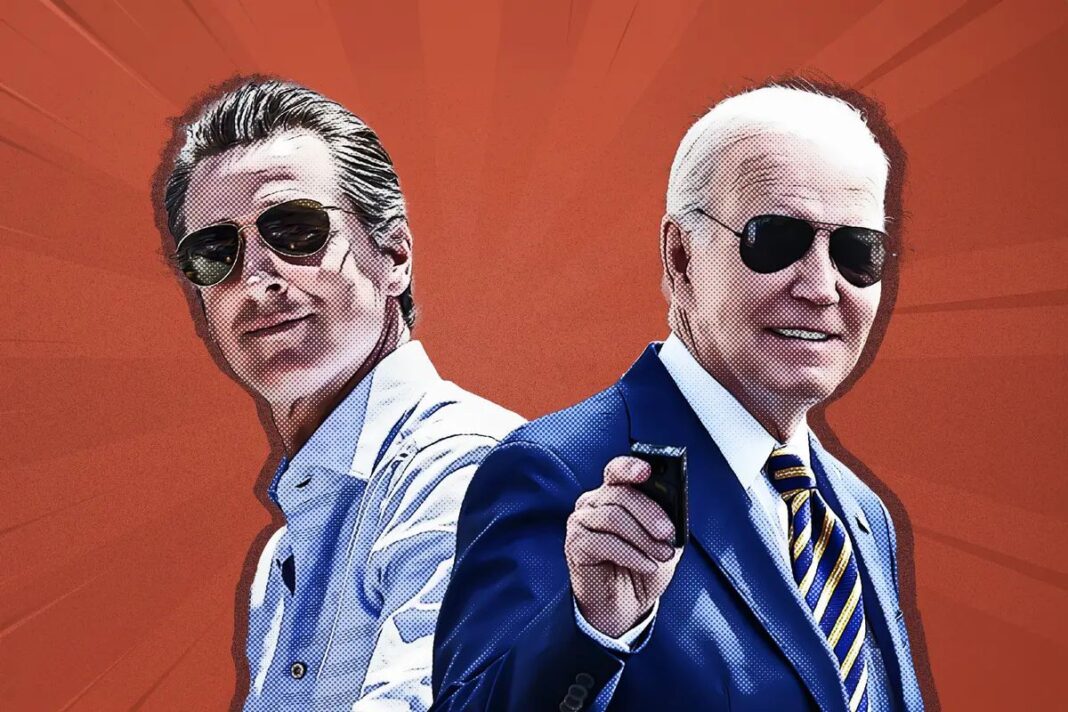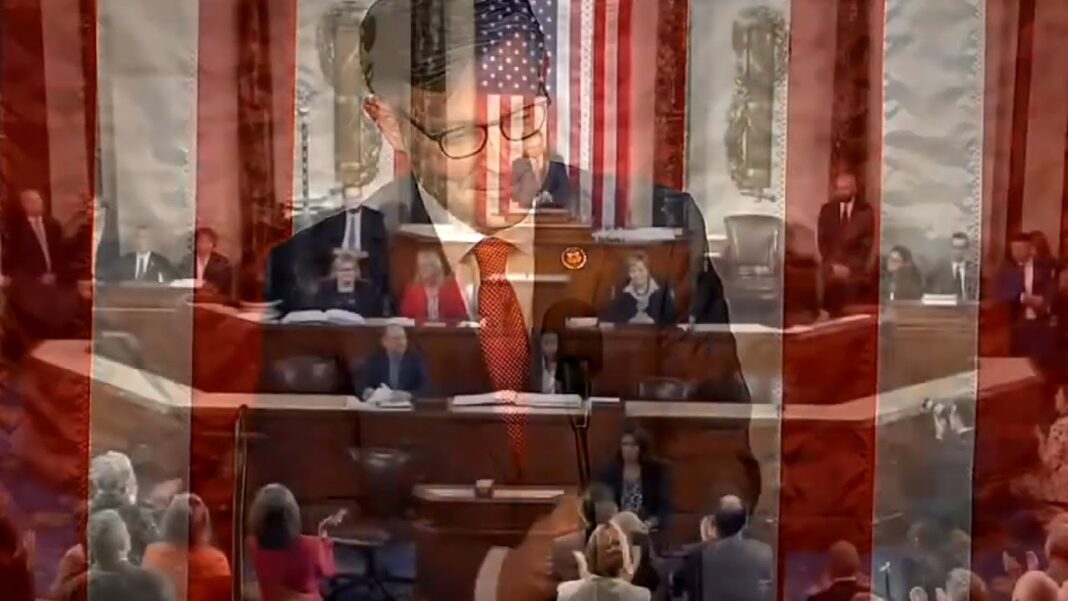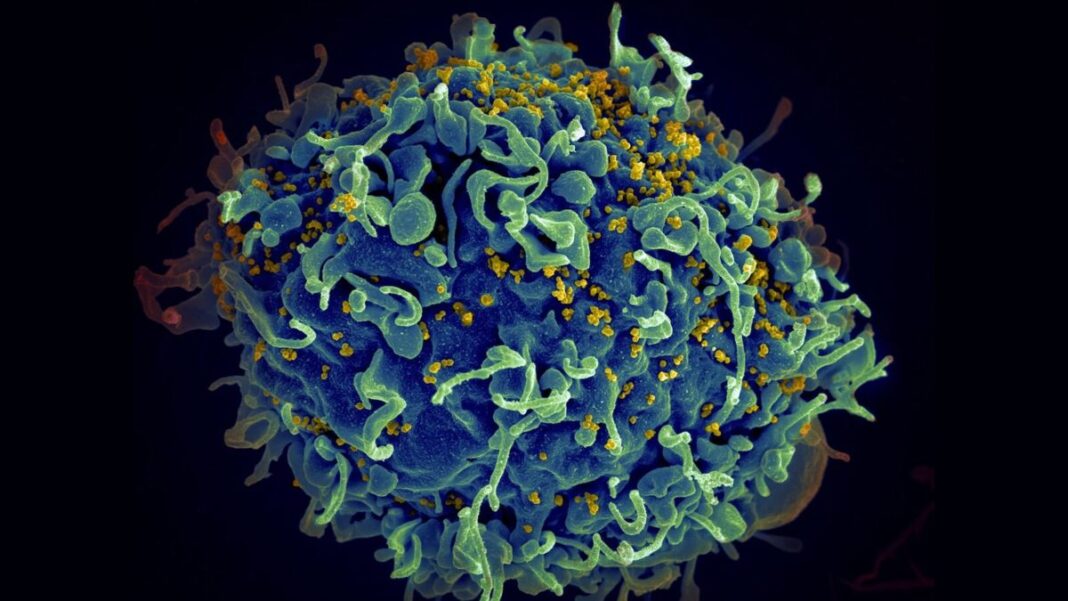Both Democrats and Republicans wonder whether the Golden State’s governor is ‘the replacement candidate.’
His vetoes, his foreign trips, his upcoming debate with Florida Gov. Ron DeSantis: It all adds up to something like a shadow presidential campaign by California Gov. Gavin Newsom.
It’s hard to predict how Mr. Newsom might pull it off, at least during this cycle—he has remained a steadfast supporter of incumbent President Joe Biden, and as the filing deadlines for multiple Democratic primaries have passed, he hasn’t flinched.
He could be gunning for 2028, two years after state term limits will force him out of the governor’s mansion. Or, if events line up just right, he could make his move sooner.
“I think it’s been pretty obvious that Newsom has been positioning himself for a run in 2028 and to be available in 2024 should Biden’s health or capacities deteriorate to the point that Democrats decide that they need another candidate,” Morris Fiorina, professor of political science and Hoover Institution fellow at Stanford University, told The Epoch Times.
California Assemblyman James Gallagher, who leads the Republicans in that chamber of the California Legislature, also cast doubt on President Biden’s ability to campaign for another term.
“Right now, everybody in public is saying they’re rallying behind Joe Biden, but it’s very clear that he is deteriorating,” Mr. Gallagher told The Epoch Times.
Gloria Romero, a Democrat who was formerly majority leader of the California State Senate, said “the conundrum is the vice president,” and dubbed Mr. Newsom “the replacement candidate.”
2024 as 1968
President Biden’s detractors have sometimes compared him to former President Jimmy Carter, who presided over high inflation and his own hostage crisis. But an even more war-clouded incumbent—Capitol Hill dealmaker President Lyndon B. Johnson—could offer another parallel as the United States steps up support for Israel against Hamas. Like the Vietnam War, the conflict is unpopular with much of the Democrats’ base, in part because of civilian casualties.
Amid protests over Vietnam, the unpopular President Johnson dropped out of the race early in 1968. Months of intraparty division, including the assassination of presidential candidate Robert F. Kennedy, culminated in the chaotic and violent Democratic convention, which was held in August in Chicago.









